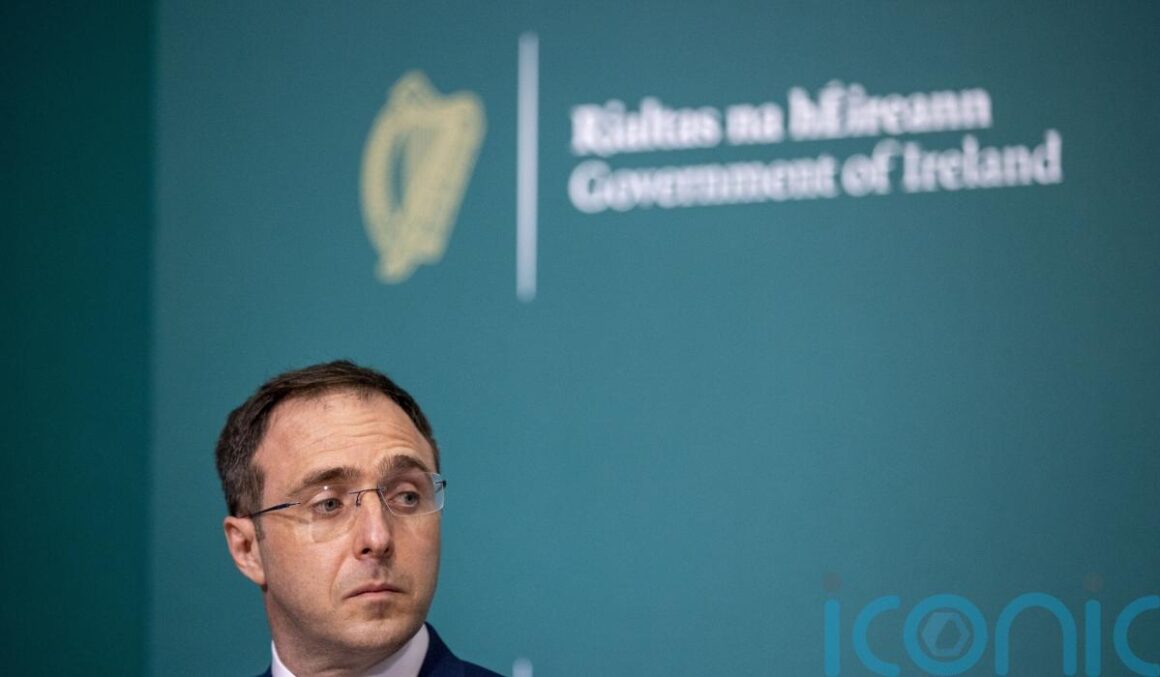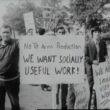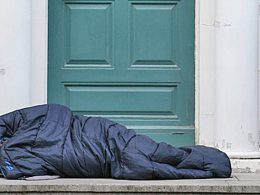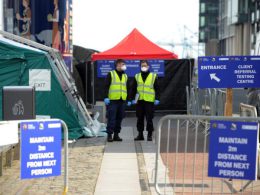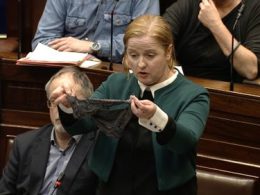By Dan O’Rourke
Fianna Fail junior minister Robert Troy, in the best tradition of his party, is beset by multiple property profiteering scandals and allegations of corruption.
Through a string of articles released by investigative media outlet ‘The Ditch’ it has been revealed that the TD bought property from the Criminal Asset Bureau, sold it to Westmeath County Council while he was a sitting councillor, did not declare this and other income from rent and property sales, does not have planning permission or fire certs for a rental property, and failed to declare directorship of a company, among other allegations.
This, from a junior minister responsible for company regulation, hardly inspires confidence.
Troy has offered grovelling apologies, but declares he did not intentionally conceal anything. Taoiseach Micheal Martin and Tánaiste Leo Varadkar have defended the beleaguered TD.
Conflicts of interest
In an interview on Tuesday on RTE One, a fumbled attempt to quell the controversy, Troy revealed that he had a total of 11 properties, from nine of which he was extracting rental income. He also admitted that he has not registered with the RTB, as is legally required.
Troy is currently “earning” €9,000 from a government Rental Accommodation Scheme contract, and letting a one-bed flat in Dublin 7 for €1,550 a month. This is 72% higher than HAP rates in the area.
Five properties are subsidised by the HAP (Housing Assistance Payment) scheme, and two by the Rental Accommodation Scheme (RAS).
Troy used his Dail platform as a TD to advocate for increased funding for landlords in 2014, at the height of the recession. This also coincided with him having two Rental Accommodation Scheme (RAS) contracts with WestMeath county council.
Still more – and this one really takes the biscuit – in a 2020 campaign video, Troy states “Young people are being totally priced out of the market and are being crushed by high rents”.
The undeclared “interests” of this hypocrite should more accurately be called “conflicts of interests”. Whether they are declared or not, their profiting from property affects how Troy and other wealthy TDs run the country during a housing disaster.
Ruth Coppinger, former Socialist Party TD for Dublin West, in a recent post said, “A TD with a property portfolio is a TD profiteering from the housing crisis. It is corrupt. It is not in their interests to see local authorities or the state building public housing when, like Robert Troy, they gain from councils paying them to be a landlord.”
A system run by landlords for landlords
In the wake of the Troy debacle, almost a dozen additional TDs and Senators have been revealed to have undeclared income from housing, property, and other business dealings, including two Green party TDs — Limerick’s Brian Leddin, and Dún Laoghaire’s Ossian Smyth. The only penalty for this has been that they have had to declare their interests and update the record.
The fact that a TD merely has to admit their conflict of interest, rather than rid themselves of it, is itself an indictment of the system. In 2021, reports showed that 25% of TDs are landlords. This is literally a Government and system of and for the rich.
At the core of the housing crisis is the for-profit model – a model that can only be sustained on the basis of handing over public money to private interests – and a model that is inherently incapable of catering for need. In total, the various rent supplements, HAP, RAS etc. amounted to a massive €893 million handed over to private wealth hoarders in 2021. This has the effect of inflating rent costs because landlords will increase their prices each time the government increases rental subsidies. Meanwhile, the opportunity to directly build less expensive state-owned housing with this money is lost.
This approach of successive governments is perfectly rational from the point of view of the landlords and business owners and has perpetuated the housing emergency. Robert Troy is a personification of how wedded ideologically (and in Troy’s case, materially), the Government and political establishment are to the private market model that has caused the housing emergency and is therefore incapable of resolving it.
Fianna Fail, Fine Gael, the Greens, and “business friendly” parties the world over are dedicated to protecting the interests of a wealthy minority of landlords and business owners. It’s a particular quirk of gombeen Irish capitalism that this is so nakedly displayed, in this instance by the sheer neck of Robert Troy that has exposed the lot of them.





